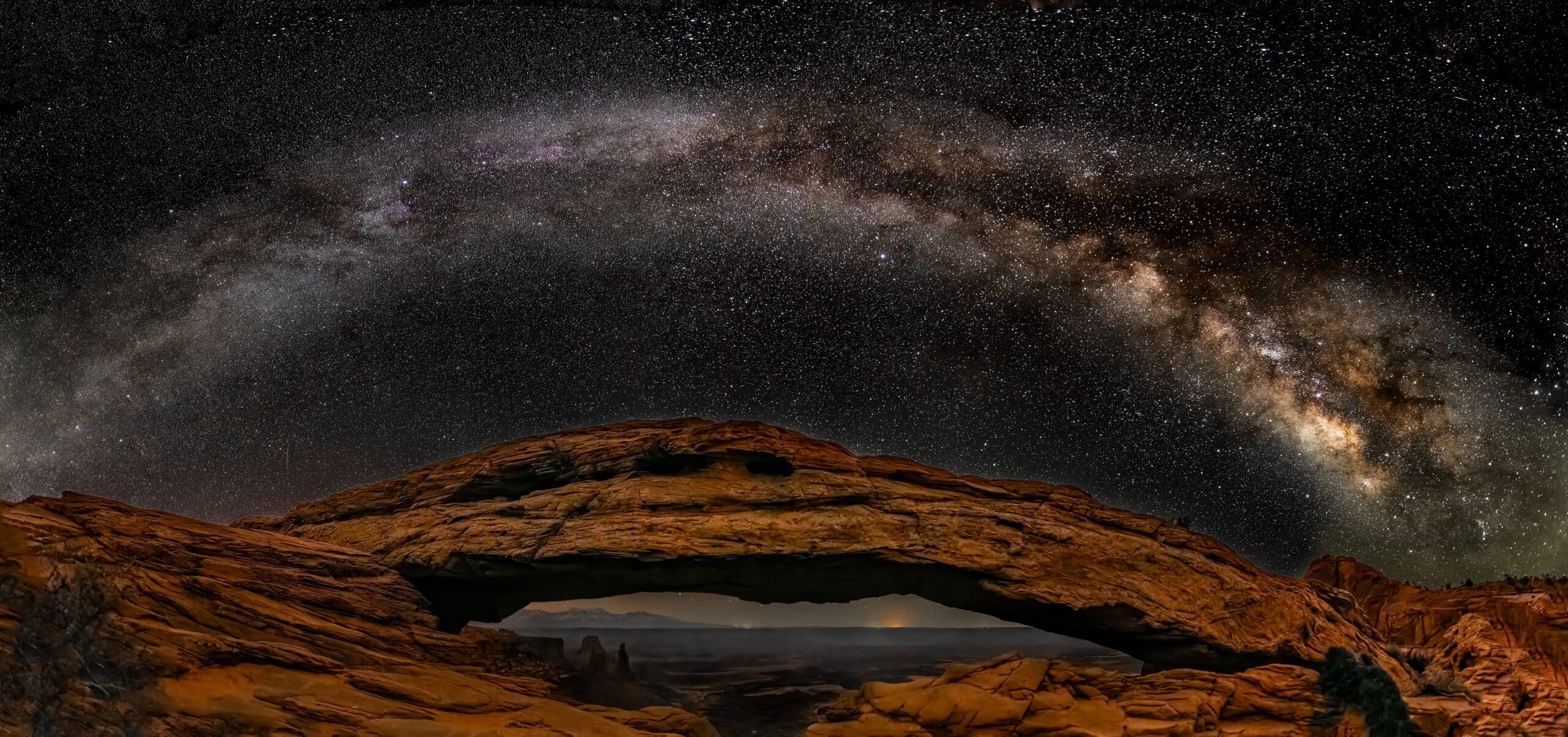
A new bill proposed in the House of Representatives, H.R. 9409 or ‘The DoD Dark Sky Stewardship Act,’ aims to study and ultimately reduce light pollution caused by Department of Defense (DoD) facilities. The introduction of this bill represents a major step forward for light pollution awareness as it sparks conversation about light pollution standards and could influence future legislation and initiatives.
H.R. 9409 has two main goals to curb the effects of light pollution. The first is an audit of DoD facility lighting practices, culminating in a plan to improve those practices if necessary. The secretary of defense would be required to complete an audit within 18 months of the bill’s passing, specifically evaluating “the lighting used at such facilities, with a focus on unshielded lighting; whether any lighting fixtures are unnecessary; whether any areas are unnecessarily lit; overlit [or] are suitable for lower ambient light”. The second goal is a study of the impacts of light pollution from DoD facilities. The study is also required to be completed within 18 months of the bill’s passing. The study would explore “how light pollution affects DoD operations and readiness; how light pollution affects biodiversity near DoD facilities; [and] evaluate the effectiveness of techniques already in use to mitigate light pollution”. The bill would also require the DoD to evaluate potential solutions for light pollution coming as a result of their operations and facilities.
The final objective of H.R. 9409 is a comprehensive report based on the aforementioned audit and study. Within 6 months of the audit and study being completed, the secretary of defense would be required to submit a thorough report to the Committee on Armed Services of the House of Representatives, the Committee on Natural Resources of the House of Representatives, the Committee on Armed Services of the Senate, and the Committee on Energy and Natural Resources of the Senate. The report would have to include not only the results of the audit and study, but also “recommendations for protecting biodiversity near DoD facilities, [and] recommendations on whether and how the DoD could create and implement dark sky standards for DoD facilities.”
If passed, this would be a significant advancement in light pollution research and advocacy efforts. DoD facilities are scattered across the country in a wide range of environments, and the unclassified data gathered in an audit of this scale would be valuable to researchers studying the ecological, environmental, and scenic impacts of light pollution. Additionally, the study of light pollution’s impact on biodiversity and mitigation strategies and technologies would accelerate knowledge and innovation in the lighting industry. We can also infer that adoption of ‘dark sky standards’ by the DoD would lead to interest and potential action by those in the private sector.
This bill represents an important shift in the national light pollution conversation. The consequences of light pollution on humans and local ecosystems are well-known, and Scenic America has been working to fight the impact of light pollution in scenic dark skies areas. We are pleased to see this bill introduced as it could provide a blueprint for similar projects nationwide and across industries.